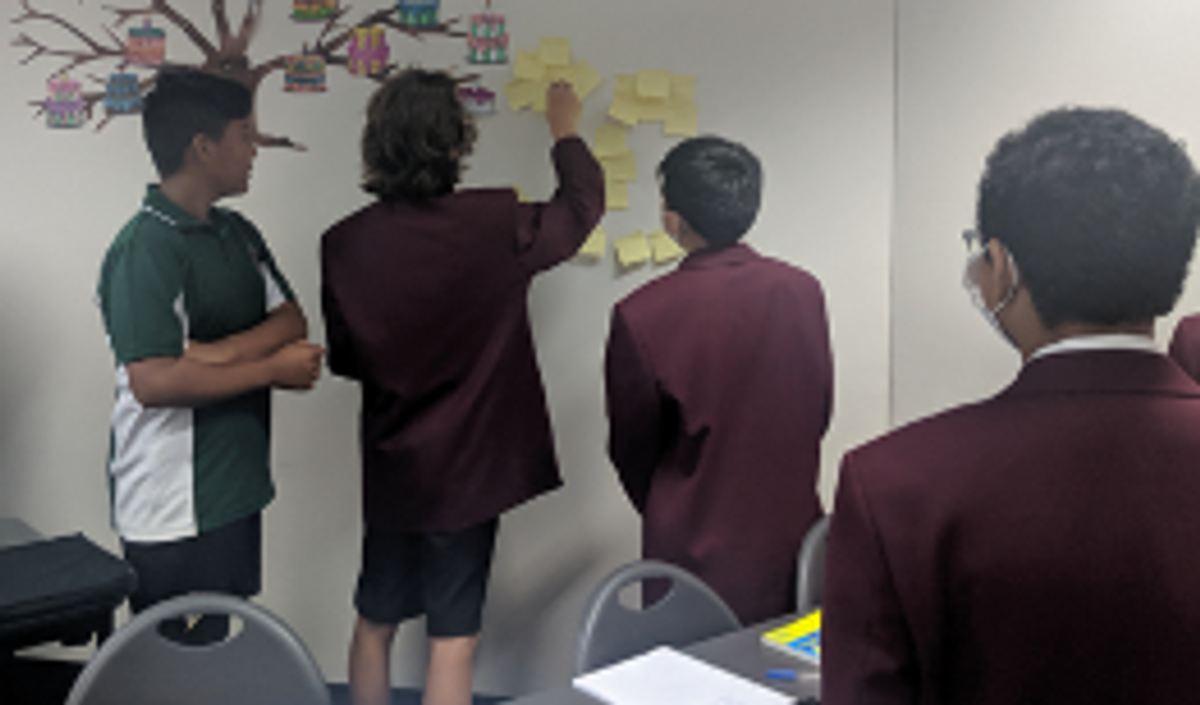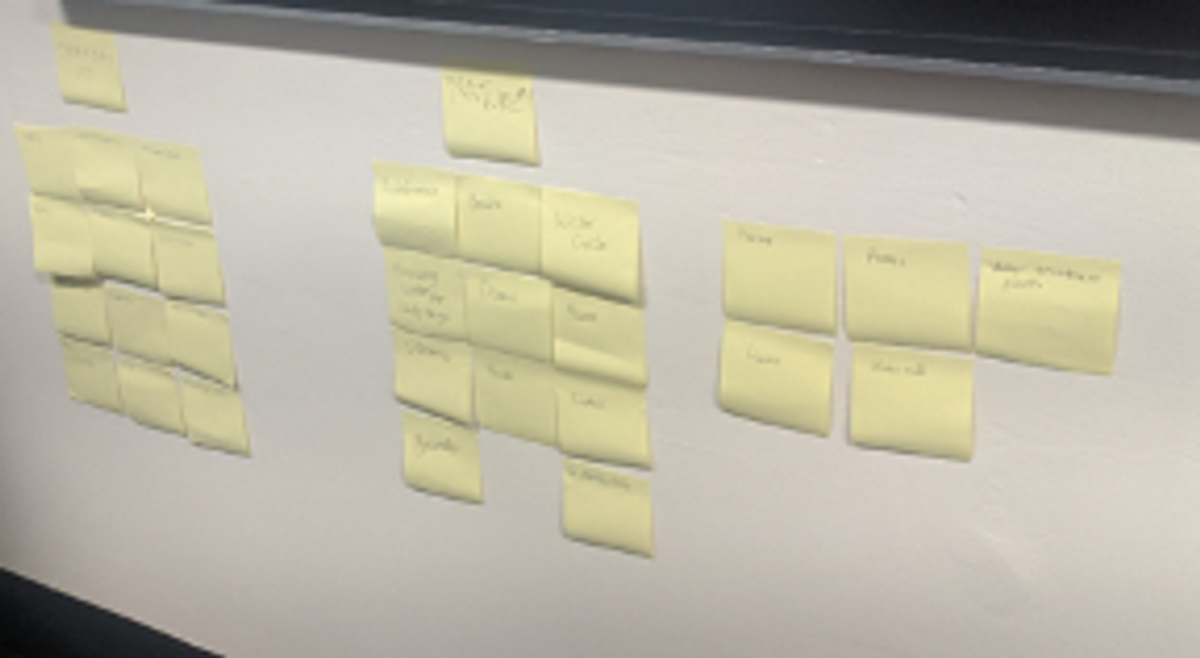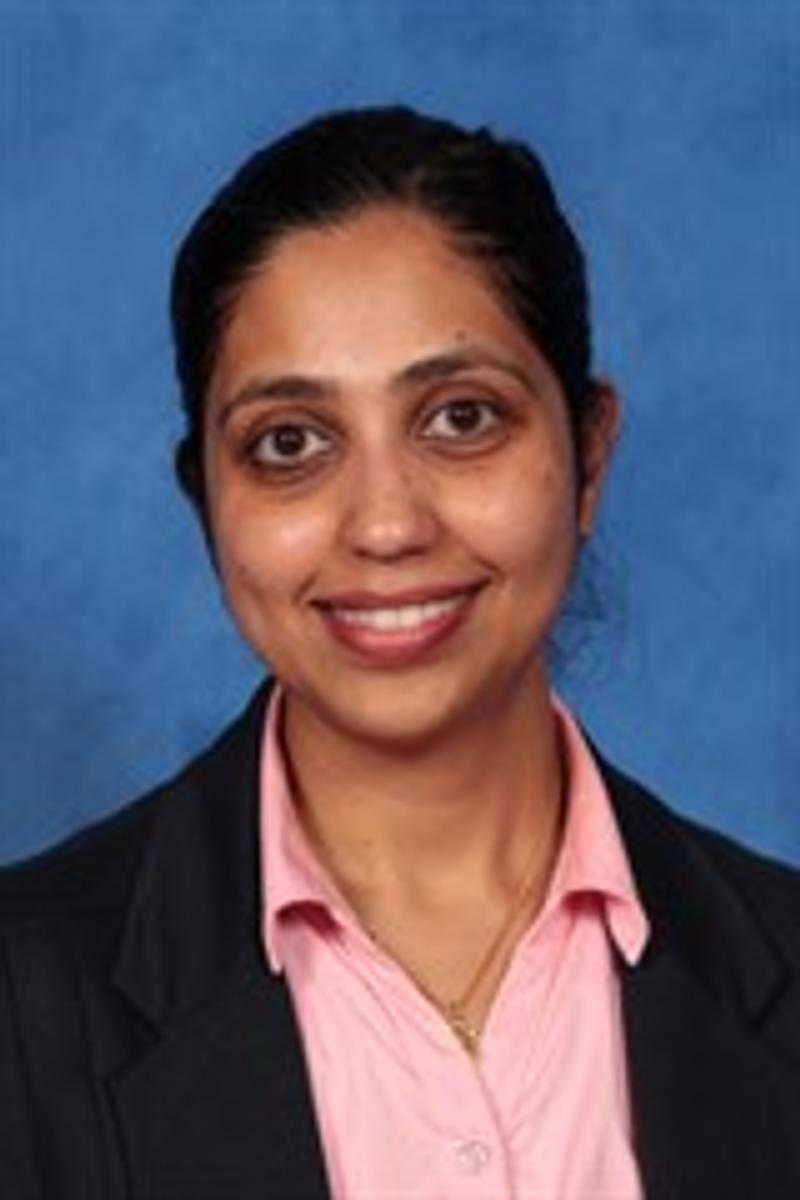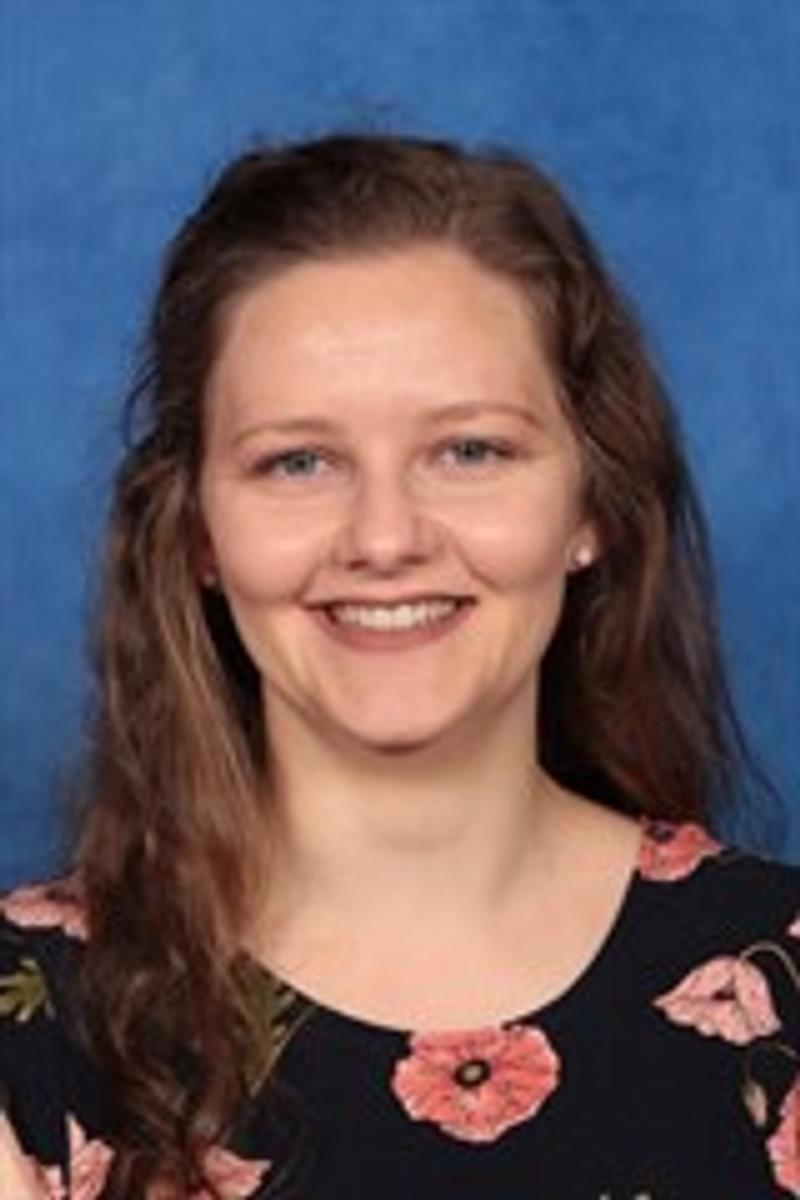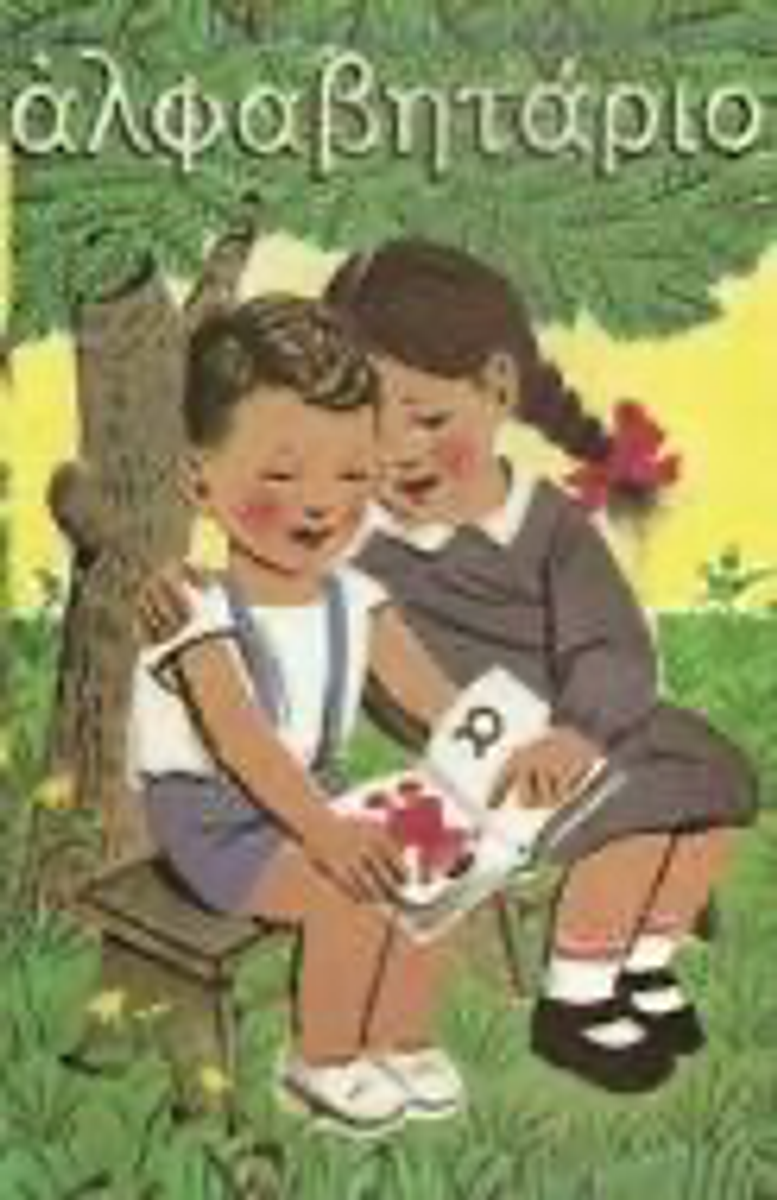Teaching & Learning

Teaching & Learning 2021
At South Oakleigh College we are committed to delivering an engaging curriculum for our students.
Here is a snapshot of Year 7 Acc Science class participating in a group activity. Students are encouraged and supported to critically think and problem-solve. They are also given the opportunity to collaborate and create a solution. These activities are incorporated with a goal to teach students about effective “Teamwork” which is one of the values of South Oakleigh College.
Students from Years 7 to 10 are encouraged to read for the first 5 minutes of every lesson. This routine gives students an opportunity to be a consistent reader.
Teachers use engaging strategies to teach vocabulary and reading comprehension. Here is a group of Year 10 History students learning while playing a Vocab Game.
Finally, we would like to mention the Reciprocal Teaching that teachers use in their classrooms as a strategy to build reading comprehension skills.
Here is a comment from Ms. Robertson (Leading Teacher – Curriculum) who is one of the Year 7 English teachers:
“This term the Year 7 English classes are participating in reciprocal reading groups. Our classes are reading ‘Don't Call Me Ishmael,’ a story about an underdog character. This week students got together in groups in 7EN6 to discuss the novel and create questions to prompt their peers to discuss how the main character connected to them.
They are already forming great relationships and working well together.”
Sulagna Monga
Learning Specialist Pedagogical Practice
Marvellous Maths at South Oakleigh College for 2021
Welcome back to the New Year! We are a few weeks in now which means the learning going on in our classrooms is at a maximum. I would like to take this opportunity to introduce myself and some new members to the maths team this year. First, my name is Emma Love and I am taking on the role as Mathematics Learning Specialist for 2021, which means I am looking after everything maths-related at the College.
We also have three new members to the team this year who are: Zane Fernandes, who is a multi-talented teacher as you will also find him on the sporting field with a mean soccer kick; Bell Karisserickal, whose enthusiasm for both maths and science will give students real-world examples of what they are learning; and last, but not least, Kelvin Cheuk, whose passion for senior-level mathematics will shine through in his teaching. They are a great addition to the team alongside the already marvellous maths department we have here at South Oakleigh College.
How can I support my child in doing well in mathematics at home?
Maths is a subject that is often remembered as being “hard” and being something we potentially were not that good at. As parents we want to help our children with their homework and their academics, but when it comes to maths, you might feel out of your element. There are many ways you can support your child without having to be a maths wiz yourself!
1. Positive maths talk
When talking about maths at home, switch “Oh, I was never good at maths at school” or “I was never a maths person” to “I’m not a maths person yet” or “Maybe if I had my time in high school again, I would be better at maths”. These statements are all about having a growth mindset around maths and modelling that to your children. This will help them in their approach to their own maths education.
2. Encouragement
Maths is often a subject that is perceived as a binary subject where you are either right or wrong and there is no room for error. However, this is not true! Encourage mistakes and remind them that when they are finding it difficult, that’s when they are learning!
3. Study Habits
Even if you can’t help with the content, you will still be able to assist with their organisational skills to make sure they are on top of their homework/classwork. Also make sure they have a clear, quiet and distraction-free study space in the house to complete their maths work (and all their other subjects too).
Maths Challenge:
The contestants were lined up, each hoping to get into the Millionaire chair. First, they would need to get through the “fastest fingers first” round.
The host cleared his throat: “List these animals in order of the number of legs they have, starting with the most:”
A Fettlepod
B Eldrobe
C Sentonium
D Quizzlehatch
Guessing blindly, Jasmine went for CDBA, Virat chose CBDA and Finnbarr picked ADCB, but none got all four right. In fact, they all got the same number of answers in the correct position.
Which has more legs, a Fettlepod or a Sentonium?
Credit goes to New Scientist for this puzzle: https://www.newscientist.com/article/mg24833142-200-puzzle-94-which-imaginary-creature-has-the-most-legs/#ixzz6lpudvv1x
The answer can be found at the very end of this newsletter!
Emma Love
Head of Maths
LOTE Faculty
We welcome all students enrolled in the study of the Greek/Japanese Language and Culture program. I also especially welcome Ms Efterpi Terzoudi, a teacher seconded to our school by the Hellenic Ministry of Education, who will provide further support to our students who are studying the Greek language.
Term 1 has already started and will be very productive with engaging activities and language learning. We look forward to Harmony
Day on 18 March, to celebrate cultural diversity with all of our students. We will be hosting special activities such as, Yukata/Kimono trying, traditional Greek dancing to celebrate the 200 years of the beginning of Greek Revolution and many more to come!
Dimitra Maniatis
LOTE
Head of Learning

